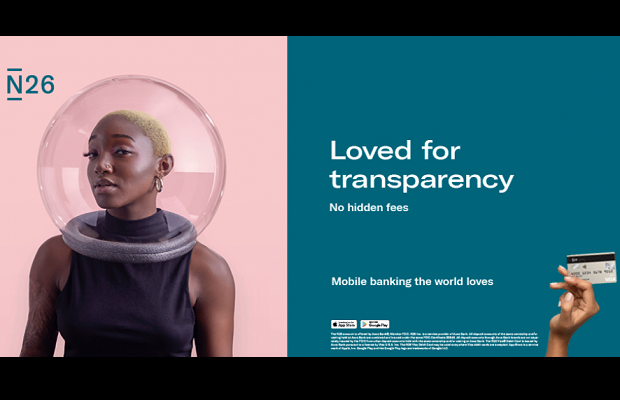German-based digital bank N26, which is backed by Tencent and Facebook and PayPal investor Peter Theil, is to close 200,000 UK current accounts in April ‘due to Brexit’ – despite launching two years after the EU referendum.
The German bank said it would ‘no longer be able to operate in the UK after Brexit’, due to its European banking licence.
The Berlin-based start-up has had a banking licence from the European Central Bank since July 2016, but not a British one from the Bank of England.
The German bank has more than 5 million worldwide users, but accounted for just 10 per cent of the digital challenger bank market in Britain last November. It faced a tough battle for customers against other digital banks like Monzo, Revolut and Starling.
When asked on social media platform whether it could apply for a British banking licence, N26 said it was not a ‘viable’ option ‘as a business’.
In a statement, it said the ‘timings and framework outlined in the withdrawal agreement mean that the company will no longer be able to operate in the UK with its European banking licence’.
That suggests that N26 was banking on Brexit not happening.
N26 accounted for around 10% of the UK’s digital banking market a year on from its launch.
All UK N26 accounts will be closed on 15 April. The bank said until that date accounts will work as normal, including all card payments and direct debits.
Customers will be asked to transfer deposits in their N26 accounts into an alternative bank account, while it said it will handle ‘all other aspects of account closure on customers’ behalf’.
Both Monzo and Starling have UK banking licences, while Revolut, like N26, is licensed by the European Central Bank.
With the UK having left the EU, we will in due course be unable to operate in the UK with our EU banking licence, so we will be leaving the UK and closing all accounts. We’ve made careful plans to support customers, and are sorry to have to leave.
— N26 UK 🇬🇧 (@N26UK) February 11, 2020
Based in Berlin, N26 has made waves in Europe with its app-based checking account and debit card. The firm doesn’t operate any brick-and-mortar branches, and yet has managed to lure in over 3.5 million customers across 24 countries in the continent.
The fintech is valued at $2.7 billion and received funding from Peter Thiel who invested around €10 million via Valar Ventures together with Earlybird and Redalpine.
